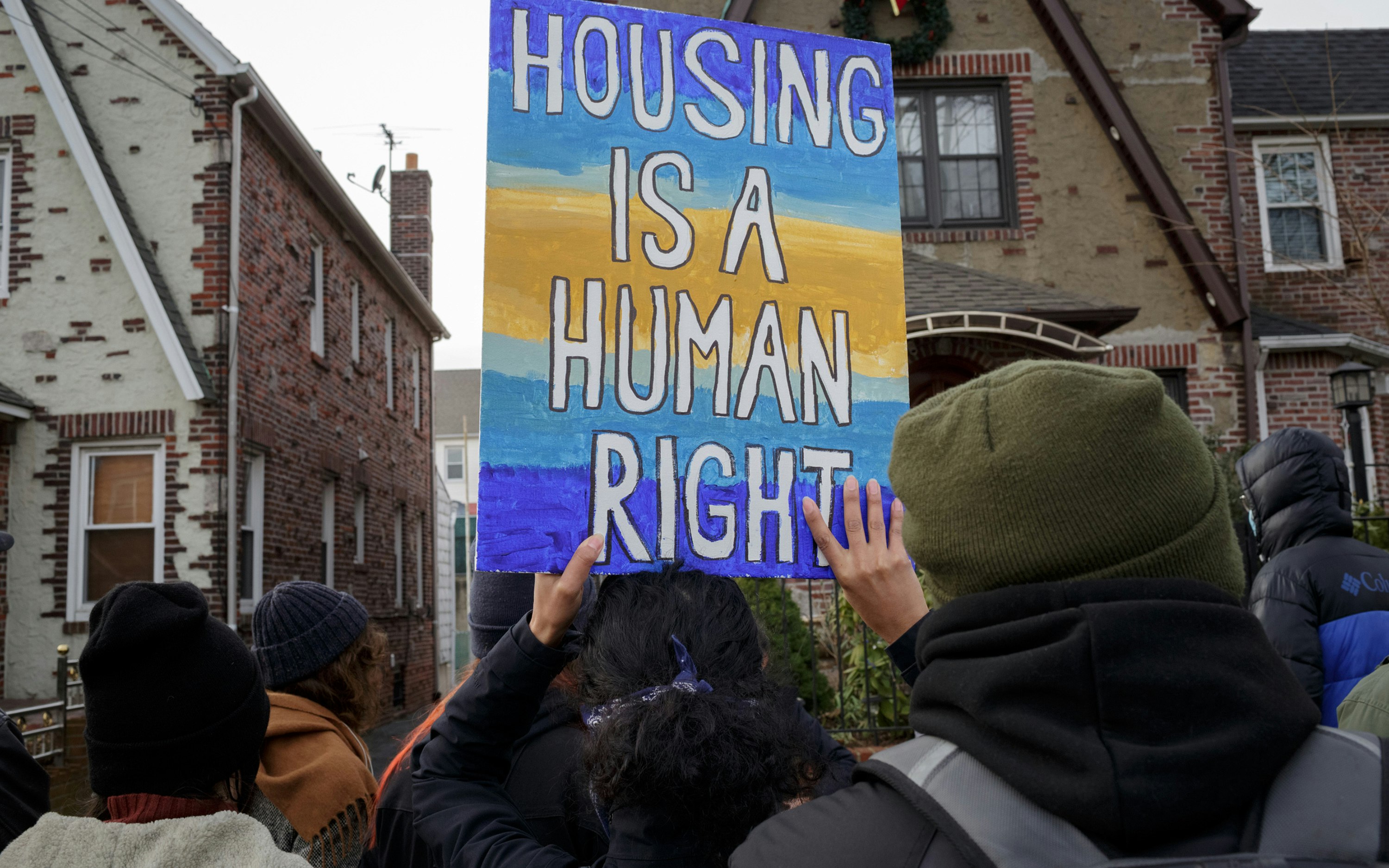Stopping Abusive Lending Practices in the EU
Stopping abusive lending practices that violate human rights
The 2008 financial crisis and various national and regional austerity responses of the past decade and a half have contributed to a crisis of indebtedness in Europe—meaning that millions of indebted individuals are at risk of not having their basic needs and human rights met. After a credit boom opened new ways for low-income individuals to access credit, several sub-prime lenders entered the market, some hastily assembled for international investment banks. Regulation of these new entities was practically non-existent, and there were no regulatory processes in place that regulated premium interest rates charged to consumers. Mainstream banks were also quick to join in on predatory lending practices.
In response to this crisis of indebtedness and inspired by a line of cases before the Court of Justice of the European Union (CJEU), culminating in the Kusionova case that expanded protections for people in mortgage distress, the Justice Initiative supported domestic case building in Ireland and Romania to expand EU protections for consumers and to compel EU states to enforce human rights protections in abusive lending cases. Debts, from a broad range of legal lenders, are generated within the state’s legal framework and rely on the legal system for their enforcement. These legal systems typically do not question whether enforcement of a prima facie unfair debt will compromise an individual’s fundamental rights, such as the rights to housing, to family life, and to dignity.
In Kusionova, the CJEU stated that states must take fundamental rights under the Charter of Fundamental Rights (EUCFR) into account when implementing EU law in mortgage enforcement cases. The Justice Initiative aimed to use this decision to establish that fundamental rights—including the right to dignity, the right to private, family and home life, and the right to education—must be considered when enforcing any debt where there is a question as to contractual unfairness, for instance, when the lender’s compliance with EU consumer protection laws is put into question.
By supporting local counsel in four cases in Ireland and three cases in Romania, the Justice Initiative aimed to secure a strong statement from the CJEU to strengthen protections against predatory lending across the EU. The Justice Initiative provided legal analysis arguing that states should be obligated to ensure that contractual debts are not enforced in a manner which unduly compromises fundamental rights under the Charter of Fundamental Rights of the European Union, where questions exist regarding the fairness of the original contract. As long as lenders can count on states to enforce loan agreements without determining whether they were abusive and whether enforcement will disproportionately infringe on fundamental rights, abusive lending will remain a major concern.
Arguments
The Justice Initiative argues that:
- Under the Unfair Contract Terms Directive, domestic courts are required to conduct own-motion assessments to determine whether mortgages contain unfair terms; and
- Where people face the loss of their home, domestic courts are required to determine whether possession is a proportional response to the under/non-payment, taking into consideration the impact this will have on their rights under the EU Charter of Fundamental Rights.
Open Society Justice Initiative Involvement
The Justice Initiative provided legal support and technical advice, particularly with the interpretation of EU jurisprudence, to local counsel in four cases in Ireland and three cases in Romania.
Related Work
Justice Initiative Commends the Supreme Court for Declining to Immunize US Companies for International Law Violations Committed Abroad
The Supreme Court has ruled against enslaved children's bid to hold U.S. companies accountable for abusive labor practices, it also held that companies are not fully exempt—leaving open a route to greater corporate accountability.
Denmark’s Plan to Rebrand its Racist “Ghetto Package” Will Cause More Housing Evictions
The new proposal simply replaces the term “ghetto” with “parallel societies,” but also increases the number of areas covered by the legislation and includes a requirement to reduce those of “non-Western background” to a maximum of 30 percent within ten years.
COVID-19 Will Lead to Long-Term Housing Insecurity. Governments Must Step In.
Housing crises are ticking time bombs that are being fueled by the COVID-19 pandemic. If ignored, they will have major social and political consequences worldwide.
